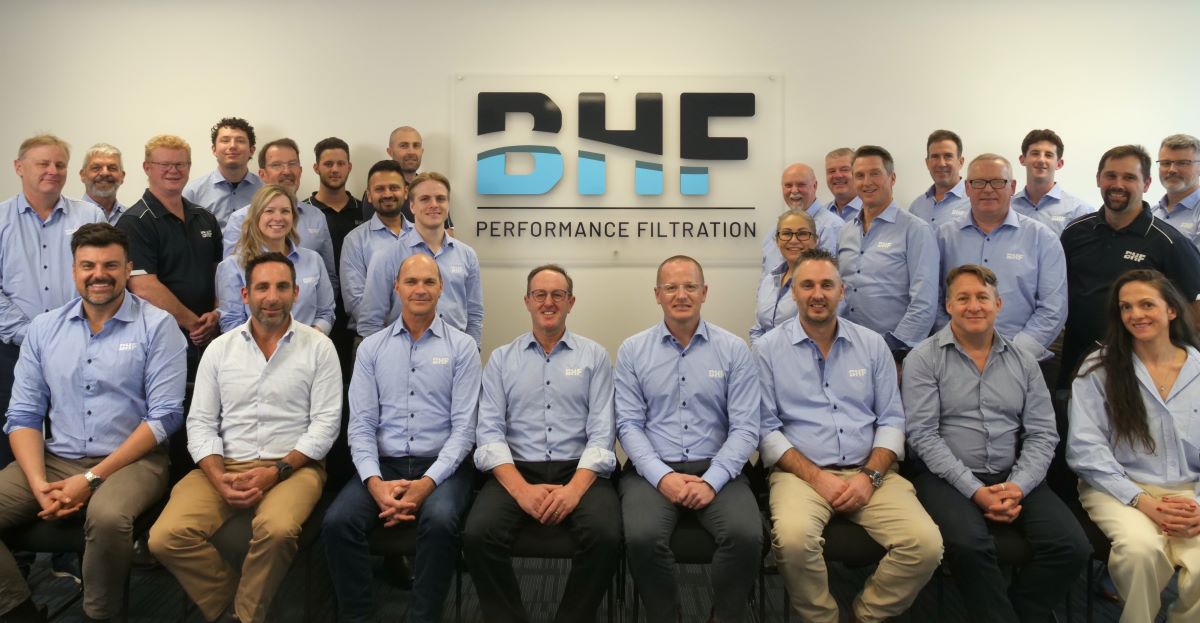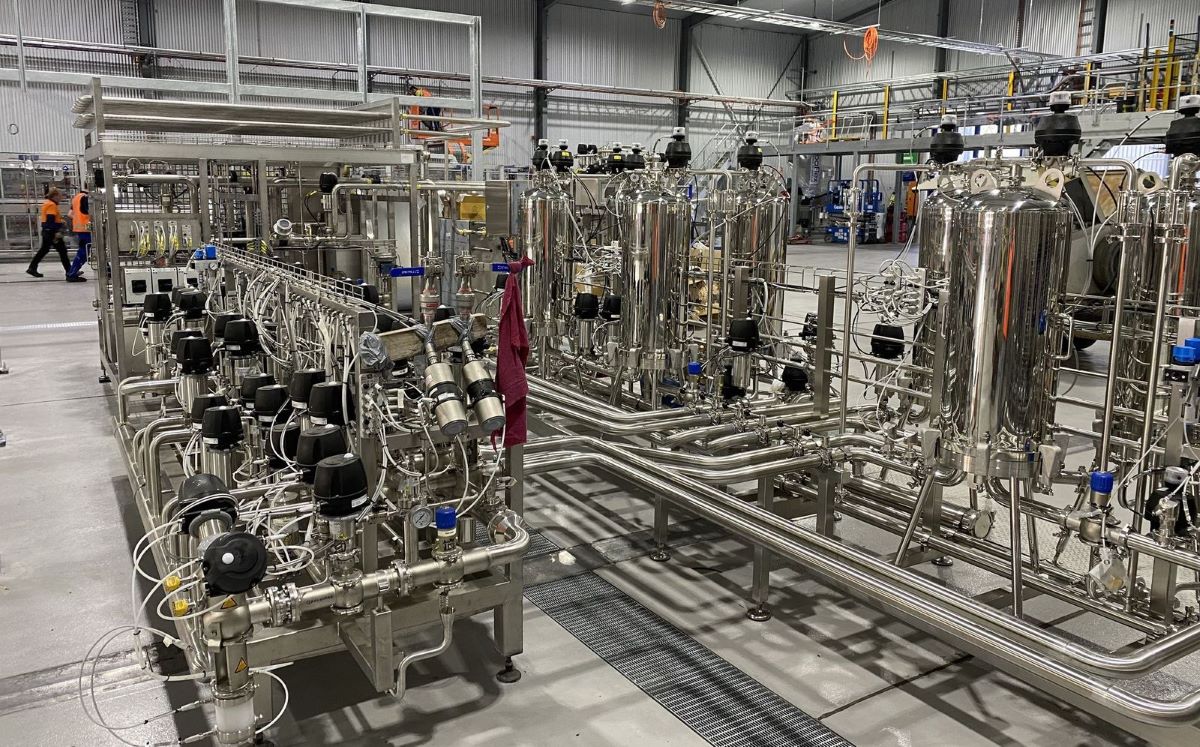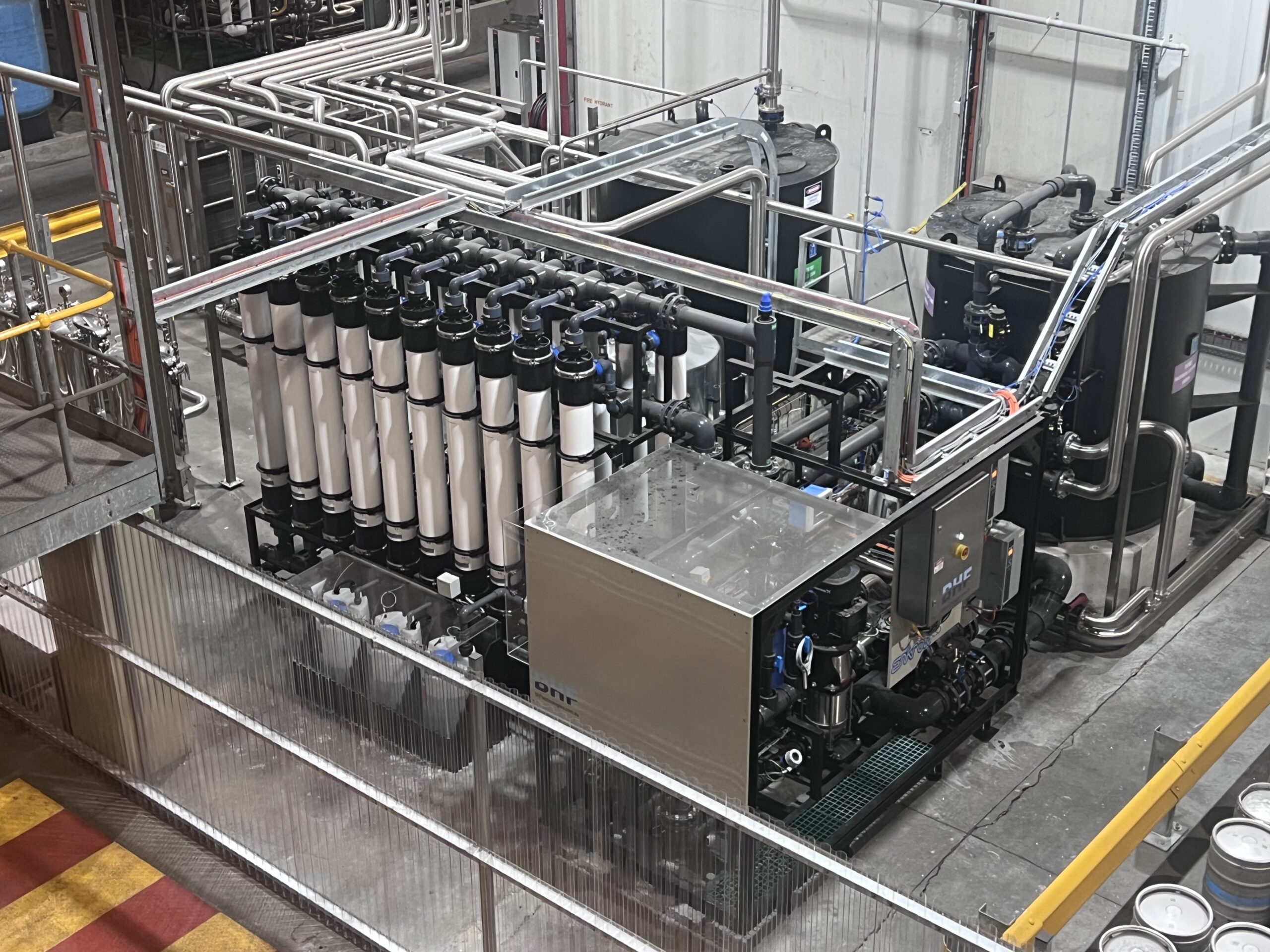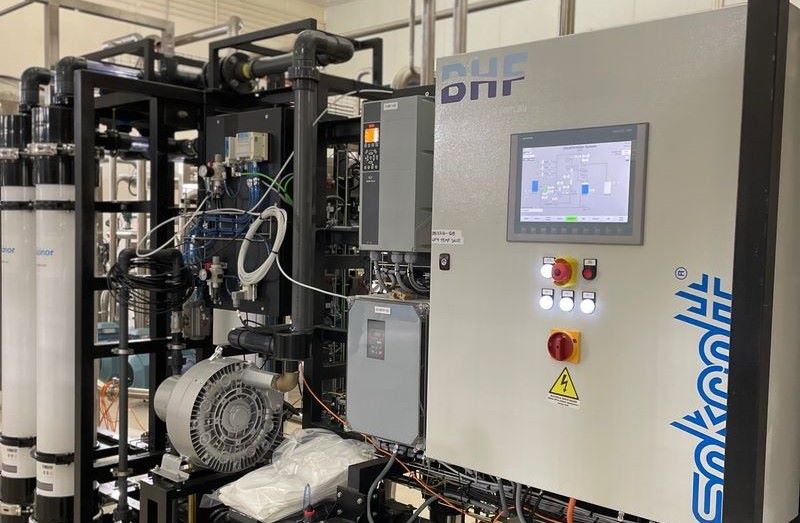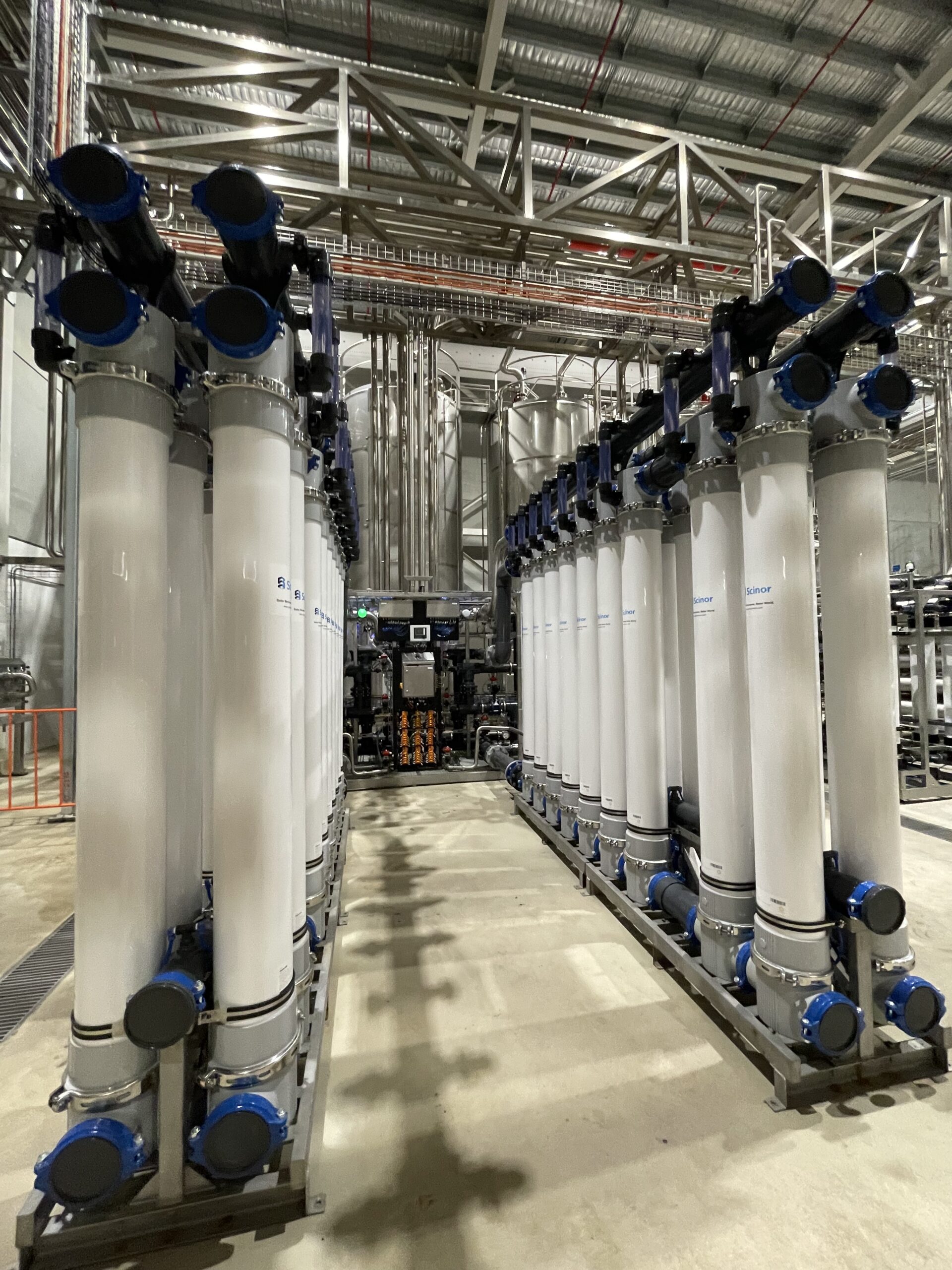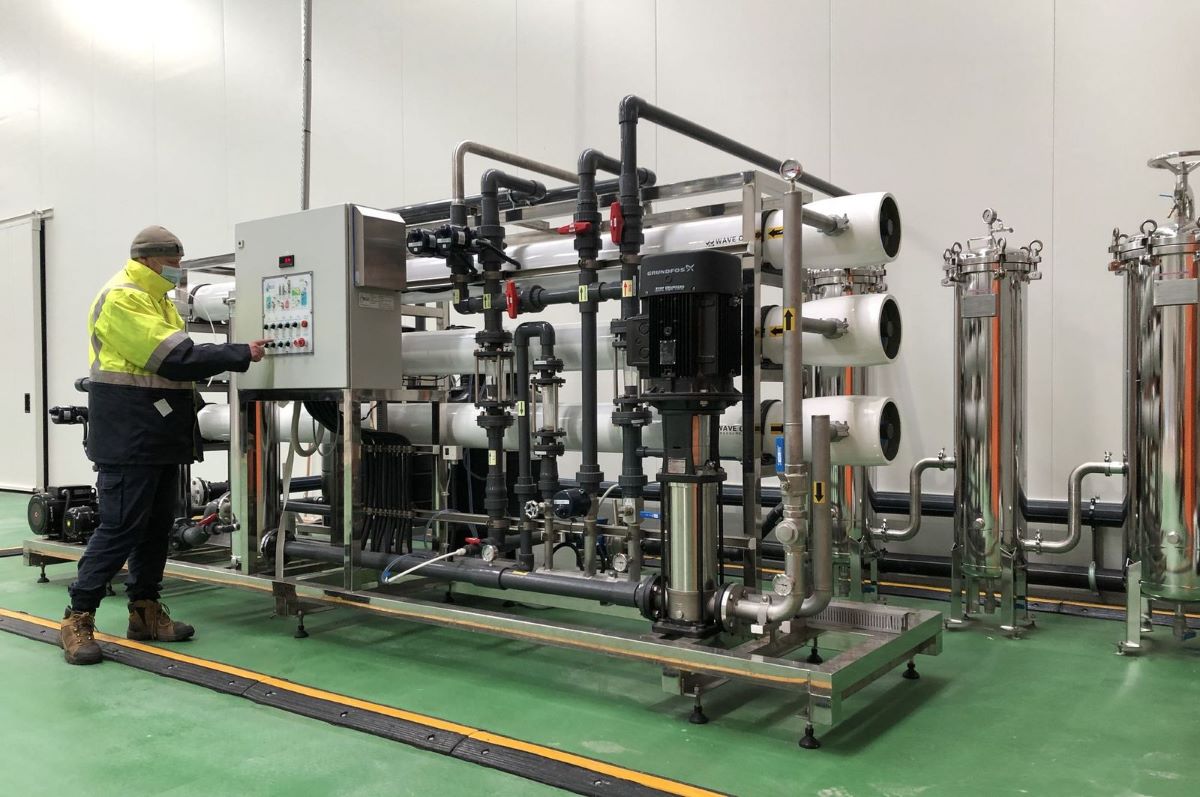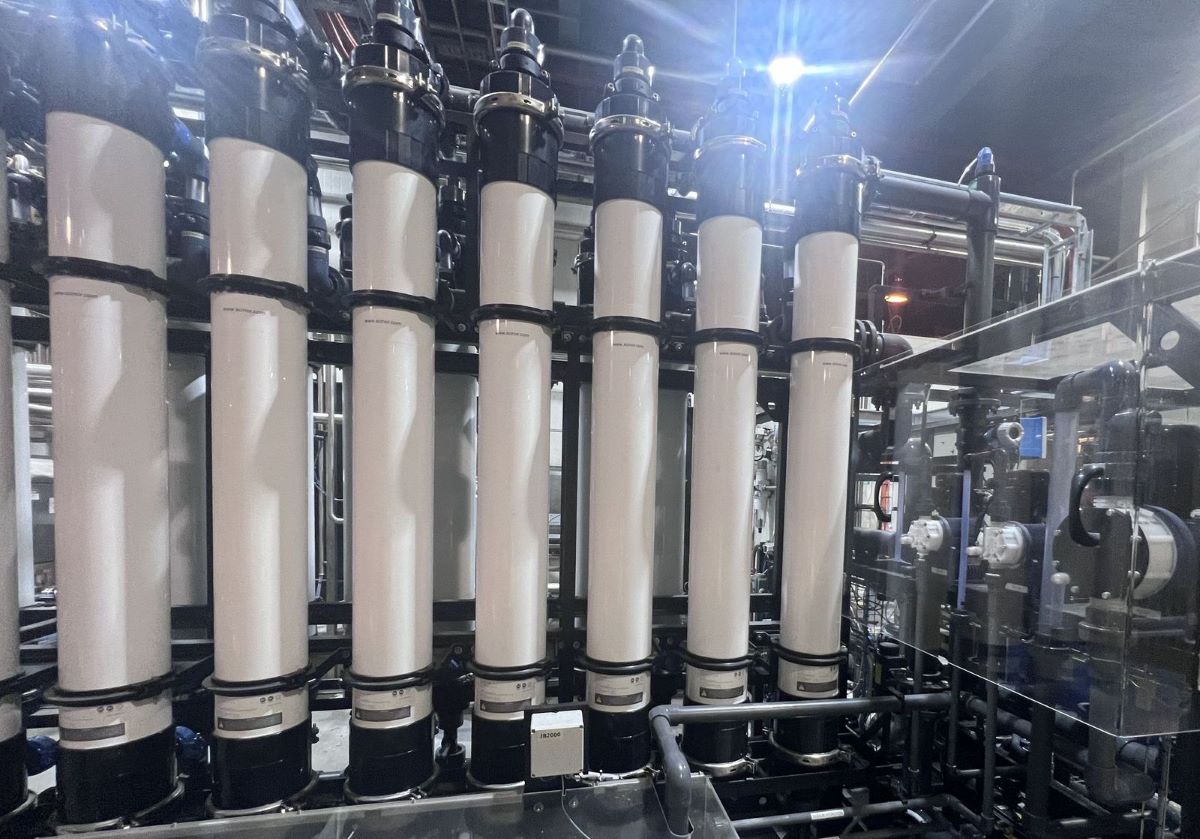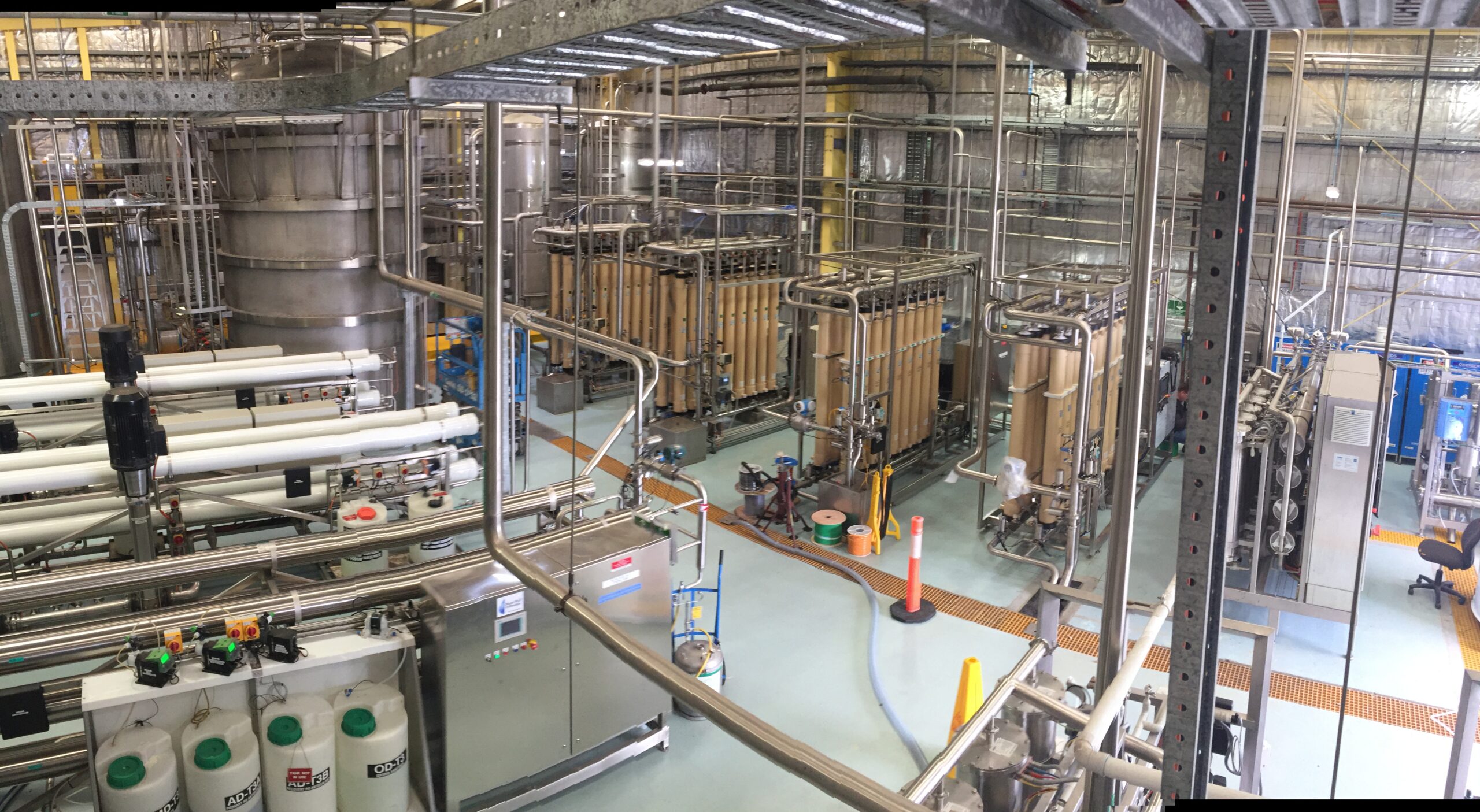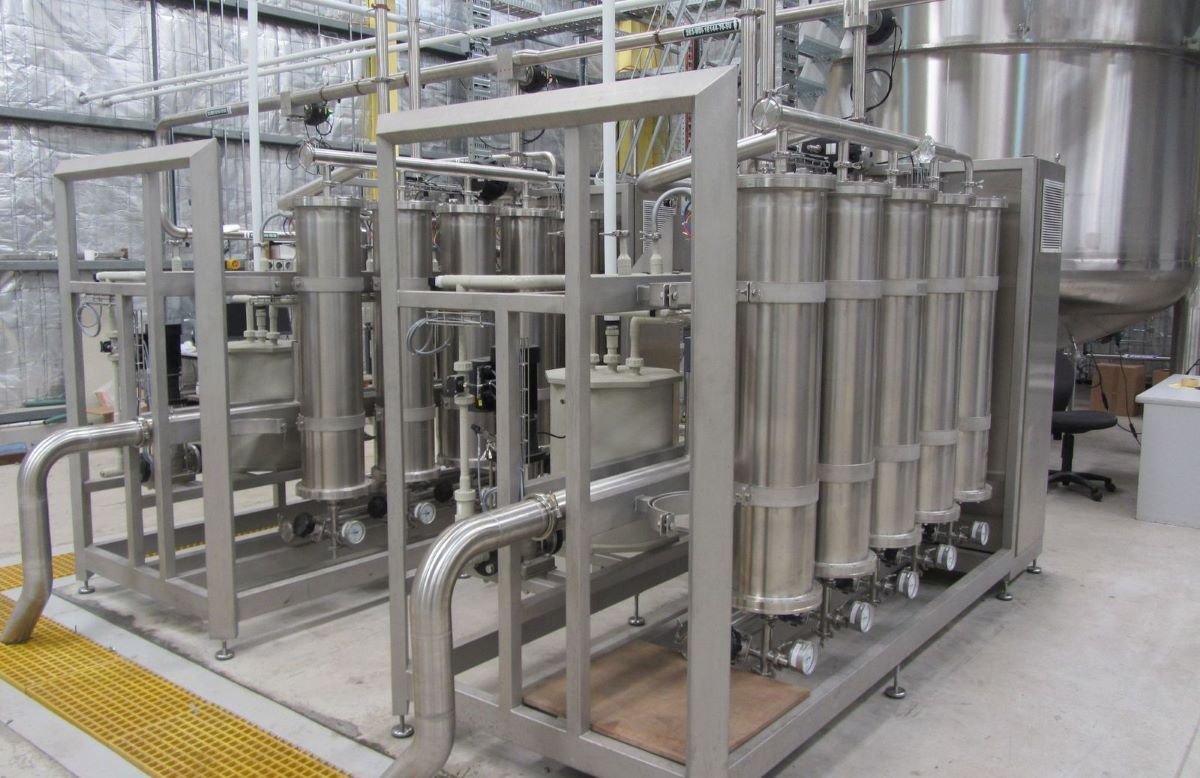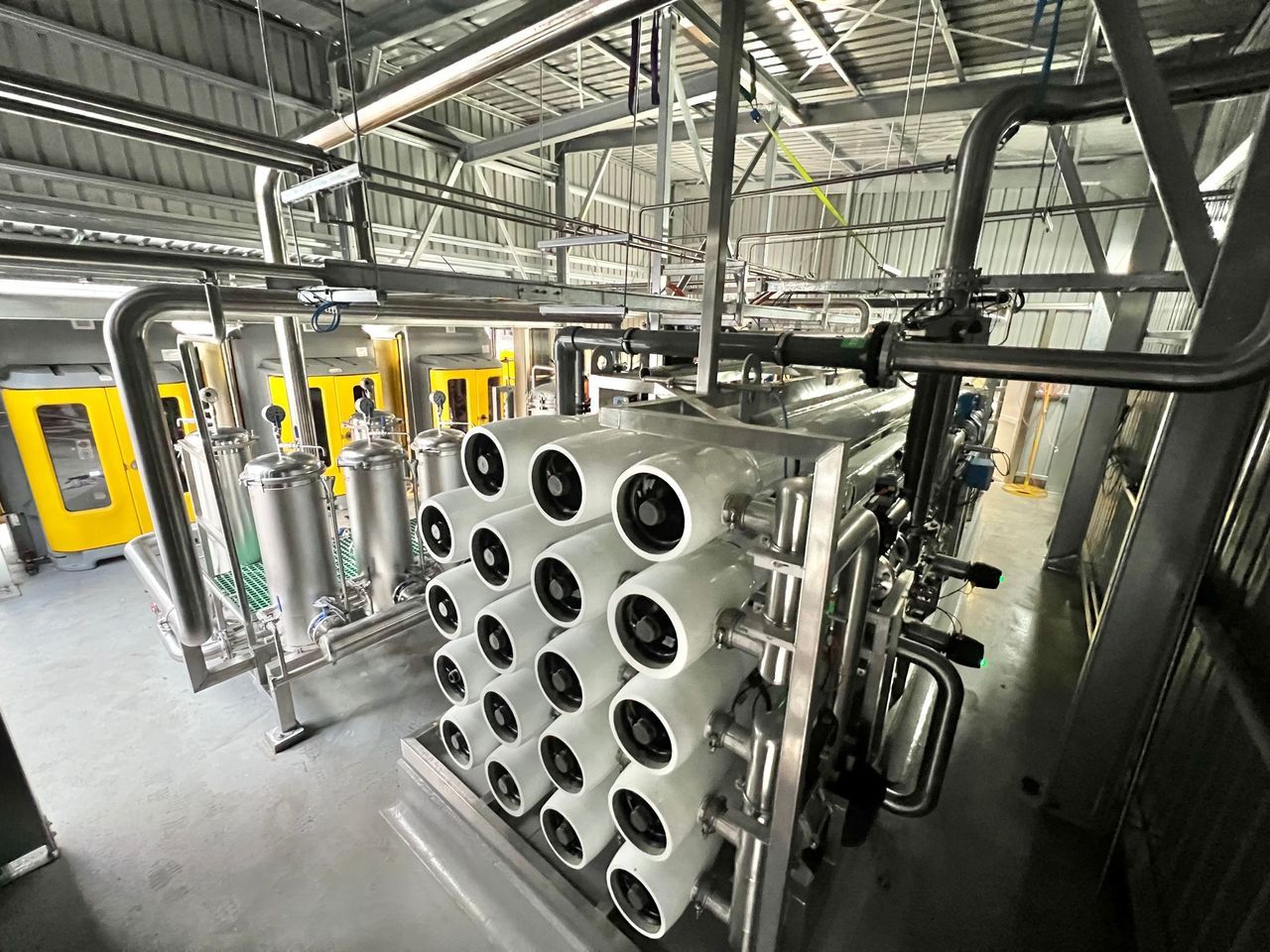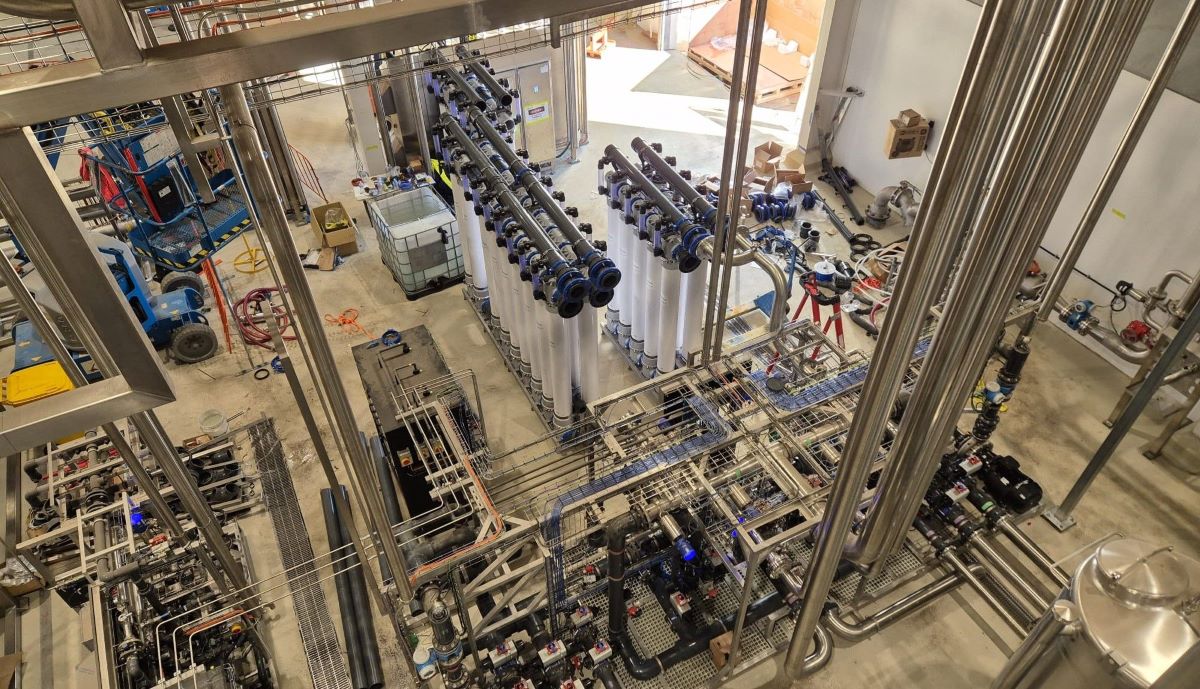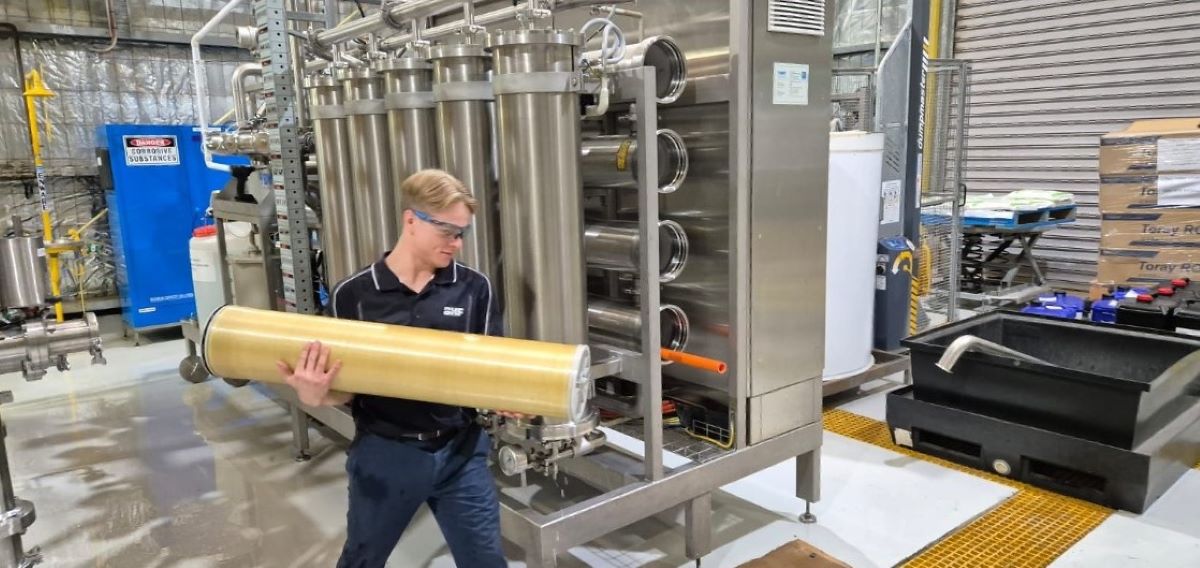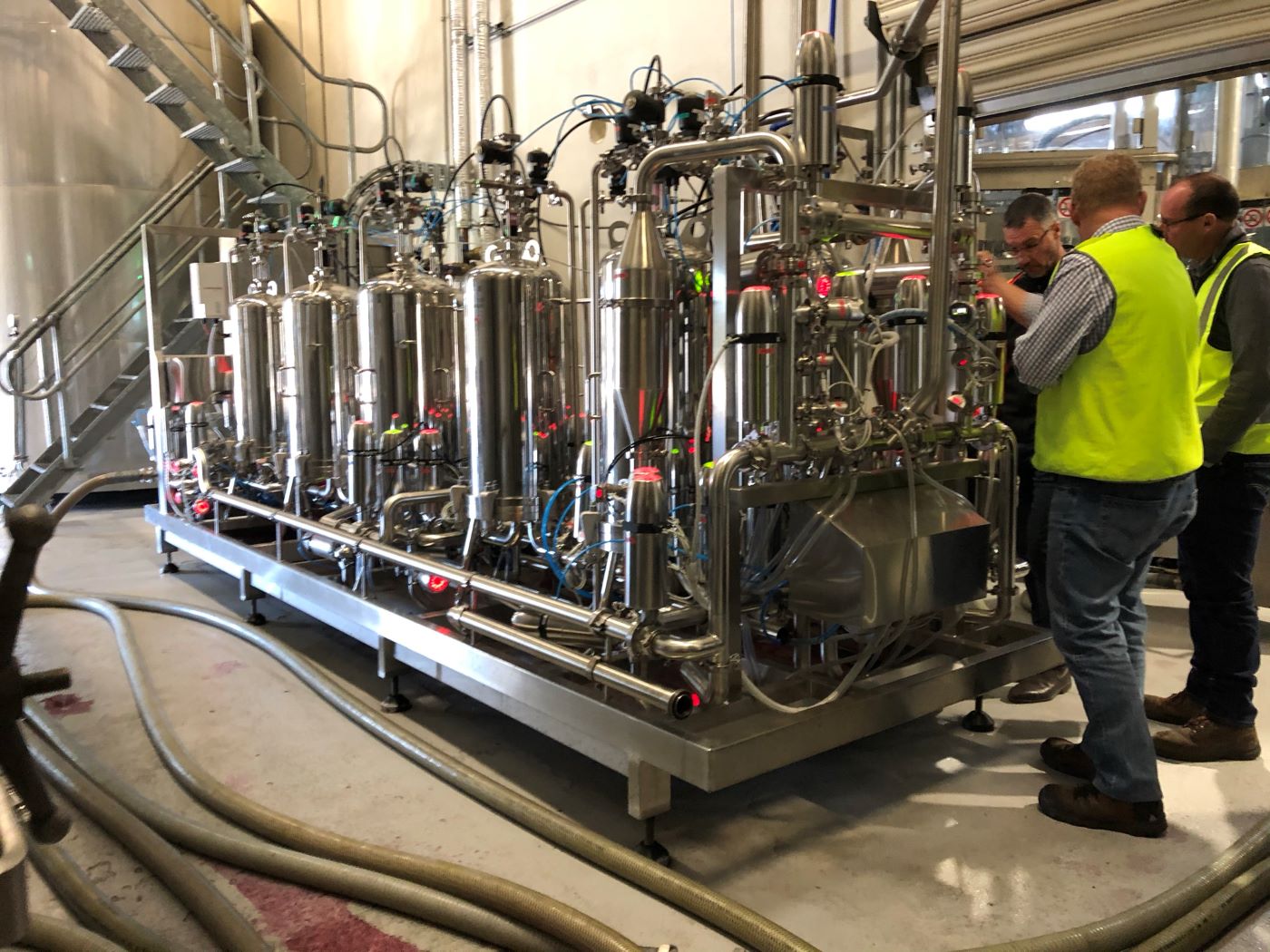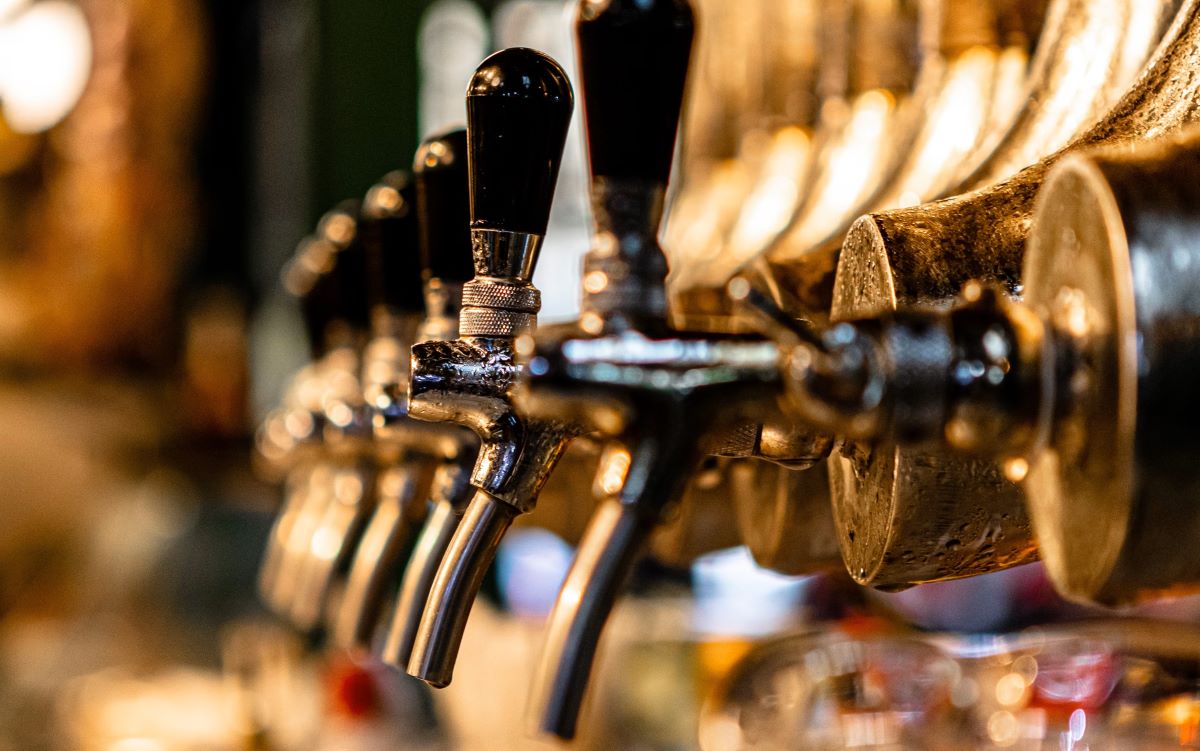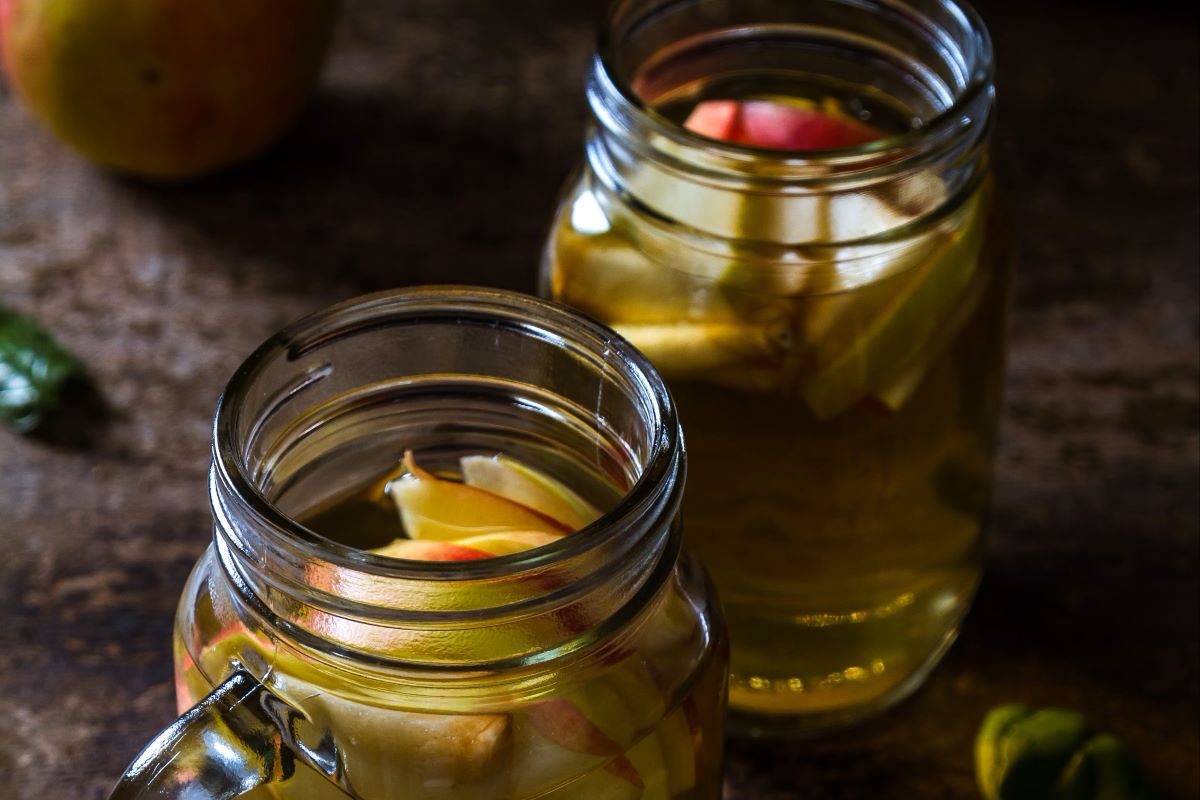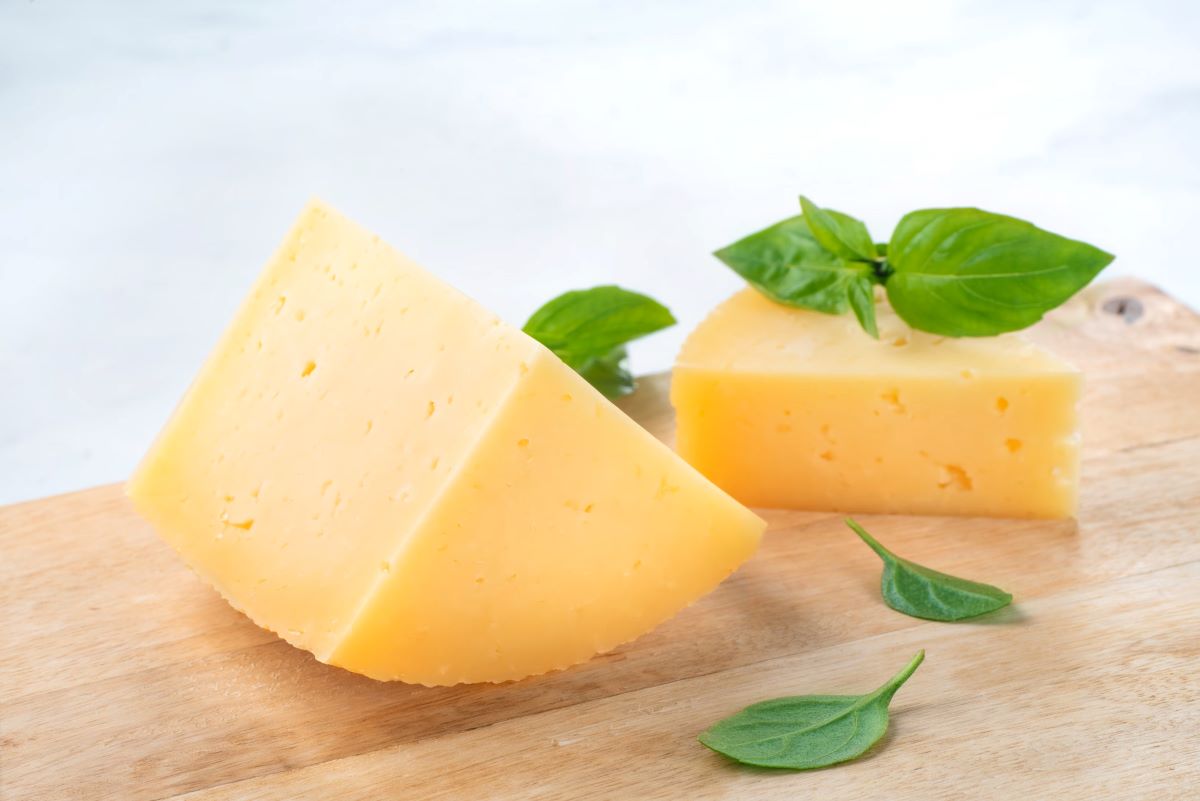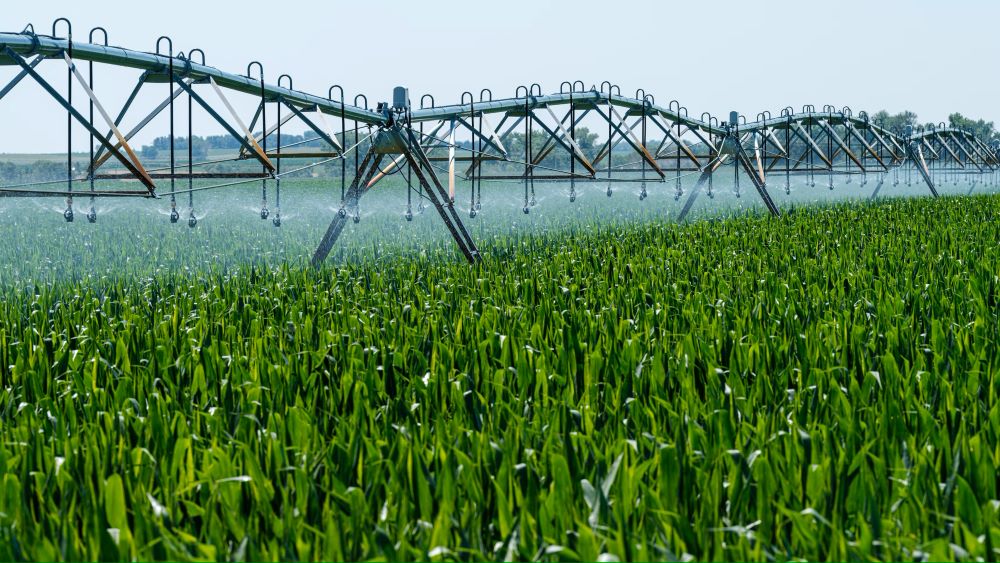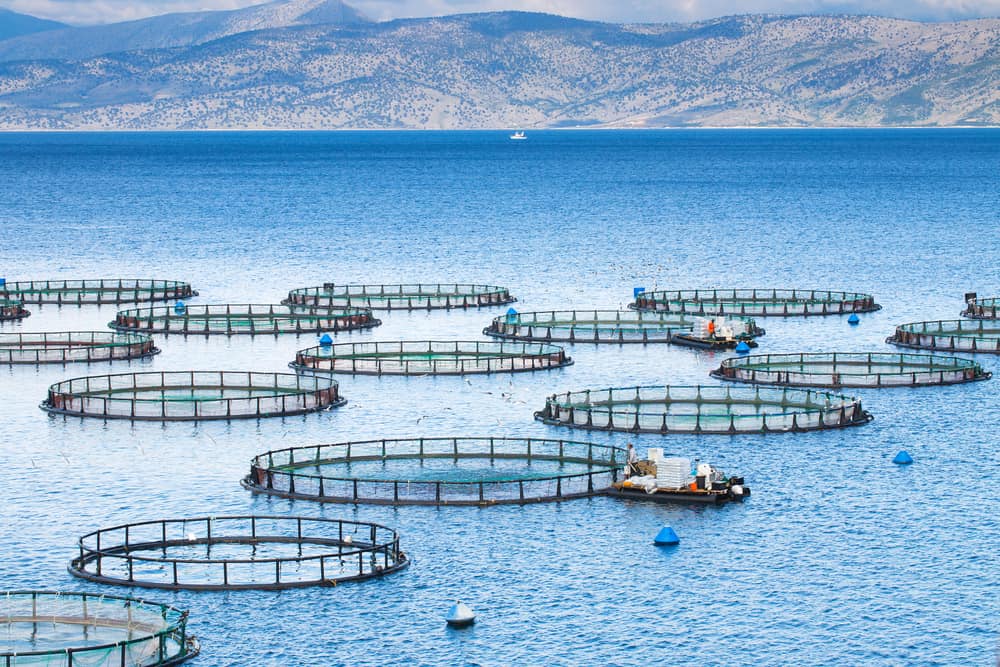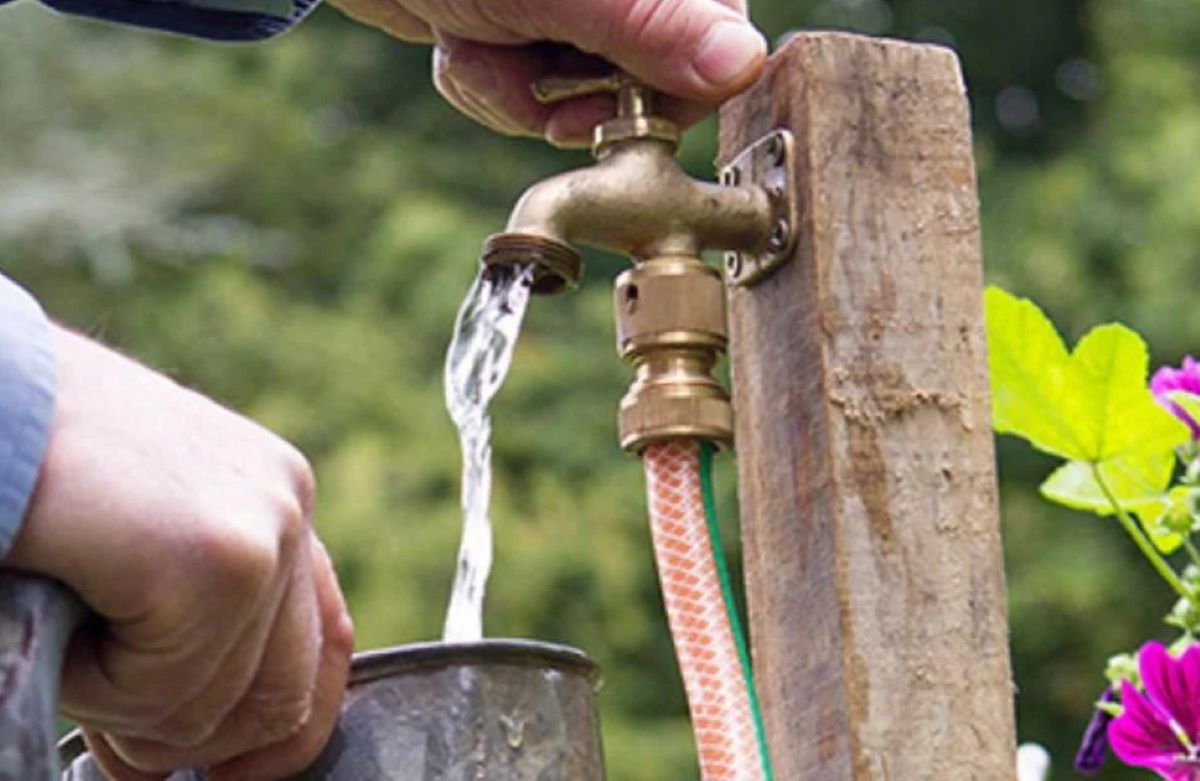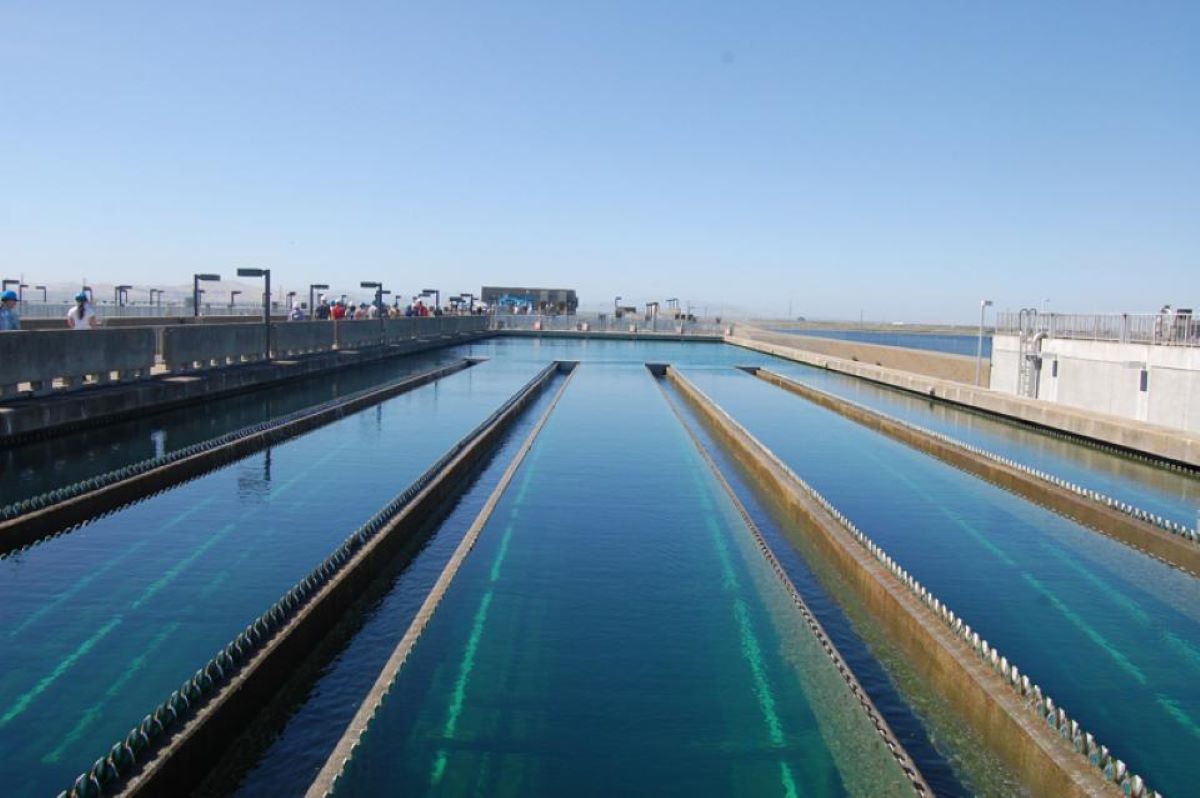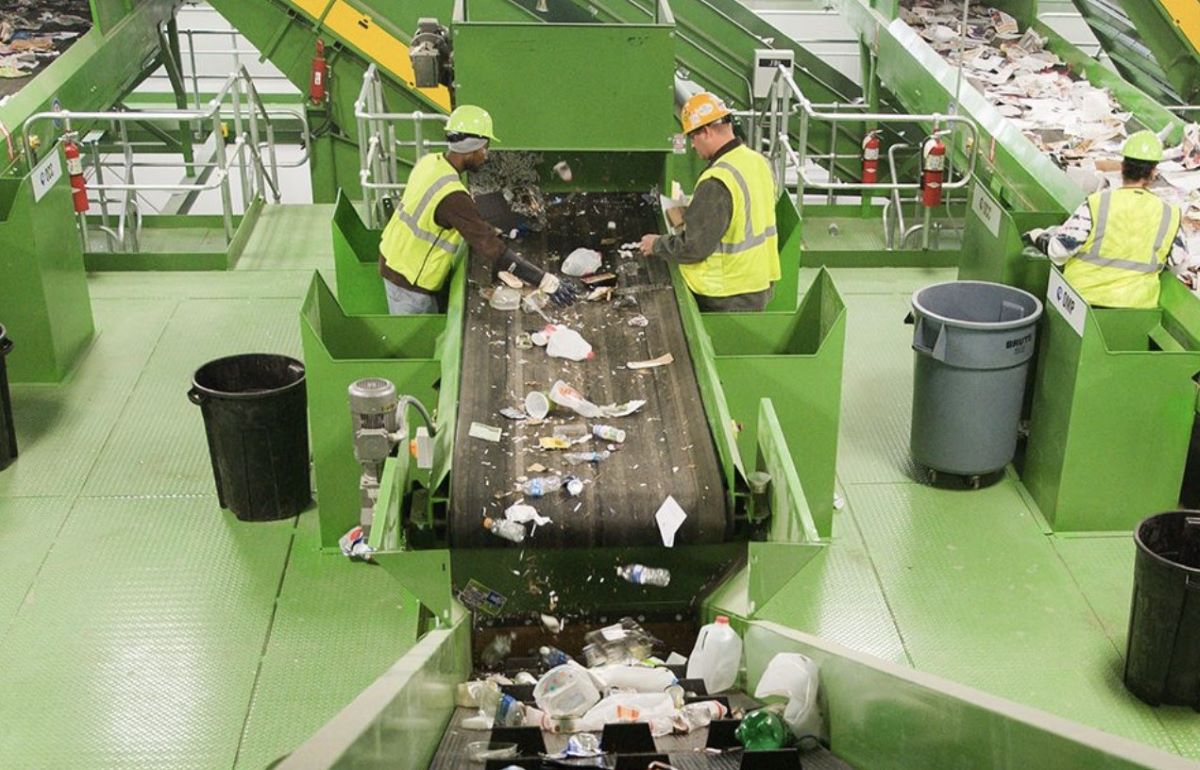Manno’sense
Specific mannoproteins from Saccharomyces cerevisiae yeast cell walls, rich in sapid peptides, that contribute to colloïdal stability.
Technical Specifications
PHYSICAL
- Appearance & colour: Brown liquid
- Density (g/mL): 1080 g/L ± 10
- Dry extract: ≥ 20%
- Ashes: < 8%
CHEMICAL
- SO2 (E220): 1.5 g/L ± 0.25
- pH: 3 ± 0.3
- Mannoproteins: 20%
- Polysaccharides: > 600 g/kg
MICROBIOLOGICAL
- Aerobic mesophile germs: < 104 UFC/g
- Staphylococcus aureus: Absence/g
- Coliforms: < 10 UFC/g
- E.coli: Absence/25 g
- Salmonella: Absence/25 g
LIMITS
- Lead: < 5 mg/kg
- Mercury: < 0.5 mg/kg
- Arsenic: < 3 mg/kg
- Cadmium: < 0.5 mg/kg
Features and Benefits
- Formulation: Solution of pure specific mannoproteins from Saccharomyces cerevisiae yeast walls, rich in sapid peptides. Contains sulphites (E220).
- Enological benefits:
- Manno’Sense® is derived from highly purified mannoproteins selected to enhance colloidal stability, particularly for tartrate stability. These mannoproteins, released during yeast autolysis, play a crucial role in the perception of roundness and sucrosity in dry wines.
- Being in liquid form, Manno’Sense® is instantly usable and maintains the freshness and fruitiness of the wine. It is a natural solution to improve the organoleptic qualities of white, rosé, and red wines, including:
- Increasing roundness and sucrosity
- Bringing balance and freshness to the palate
- Improving the length of aromas
- Participating in the tartrate stability of wines
- Having minimal effect on clogging index or CFLA (Lamothe-Abiet Filtration Criteria)
- Complies with the OIV’s Oenological Codex and EU Regulation n°53/2011 (modifying EC Regulation n°606/2009).
Product Applications
Use on wines ready for bottling (after fining, racking, blending, protein and colour stabilization, pre-filtration). Add directly to the wine to be treated, at least 24 hours before bottling, and mix well. No other treatment should be made afterward, except adjusting stabilizers (SO2, ascorbic acid, gum arabic) during the bottling process.
Recommended dosage:
- Red wines: 2.5 to 10 cL/hL
- White and rosé wines: 5 to 15 cL/hL
The doses are given as an indication; the optimal dosage should be determined by a laboratory trial or under the guidance of your consultant.

